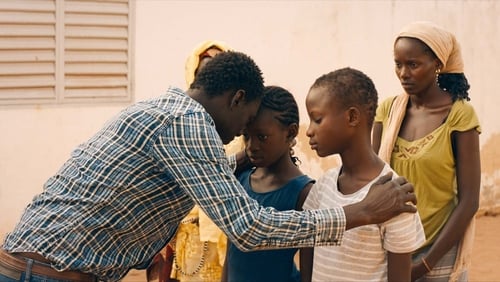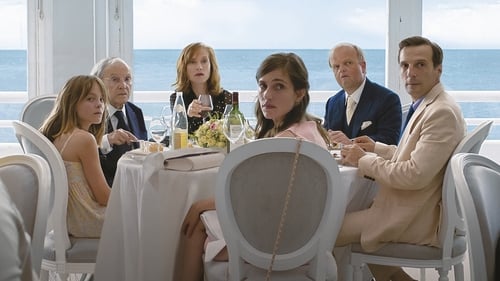Loubna Abidar
Nascimento : 1985-09-20, Marrakech, Marocco

Samia
Since he was a kid, Yazid has one big passion, pastry making. Raised between foster homes and group homes, the young man will try to make his dream come true: to work with the greatest pastry chefs and become the best.

Dounia
Naïma acaba de fazer 16 anos. Neste verão, ela terá que decidir o que quer da vida se não quiser perder. Então chega sua prima Sofia, com um corpo incrível e um estilo de vida perigosamente sedutor. Naïma deseja apenas seguir seu próprio caminho, desde que ele conduza para cima ... Apesar dos avisos de seu melhor amigo Dodo, ela e Sofia viverão encontros inesquecíveis durante um longo verão que os marcará para sempre

La première serveuse
Amin has come from Senegal to work in France, leaving behind his wife Aïcha, and their three children. He leads a solitary life in France, where the only space he occupies is his home and the building sites on which he works. Most of his earnings are sent to Senegal. One day, he meets a woman, Gabrielle, and a relationship is born.

La Mère
Na ausência de sua irmã Rim, o que Yasmina estava fazendo em um estacionamento com Salim e Majid, seus namorados? Se Rim não sabe nada, é porque Yasmina está fazendo tudo o que não consegue aprender. O que? O vergonhoso ... o pior ... a vergonha XXL, tudo imortalizado por Salim em um vídeo potencialmente muito volátil.

Actrice
Uma família de classe média que vive em Calais foca em seus interesses pessoais enquanto as condições nos campos de refugiados a poucas milhas de sua casa são sombrias.

Noha
No Marrocos, em meio a melancolia e a solidão, quatro prostitutas, Noha (Loubna Abidar), Randa (Asmaa Lazrak), Soukaina (Halima Karaouane) e Hlima (Sara Elmhamdi Elalaoui), se juntam para formar uma família improvisada. Vistas como objetos, elas se unem e partilham os problemas cotidianos, sustentam as respectivas famílias envergonhadas e se protegem.

Kenza has lived alone since the death of her husband, a 60-year-old woman. All of her children are married and have concerns that have made their visits to her home decrease over time. To keep the children in constant touch with their mother, they agreed to give her a cell phone. Kenza, who wanted to see her three children every day, was not convinced of this solution, because she believes that her children's spouses are the owners of the idea and the decision. The three sons were unable to balance the needs of their small family with their mother who needed their help and care, so they decided to find a suitable husband for her.






